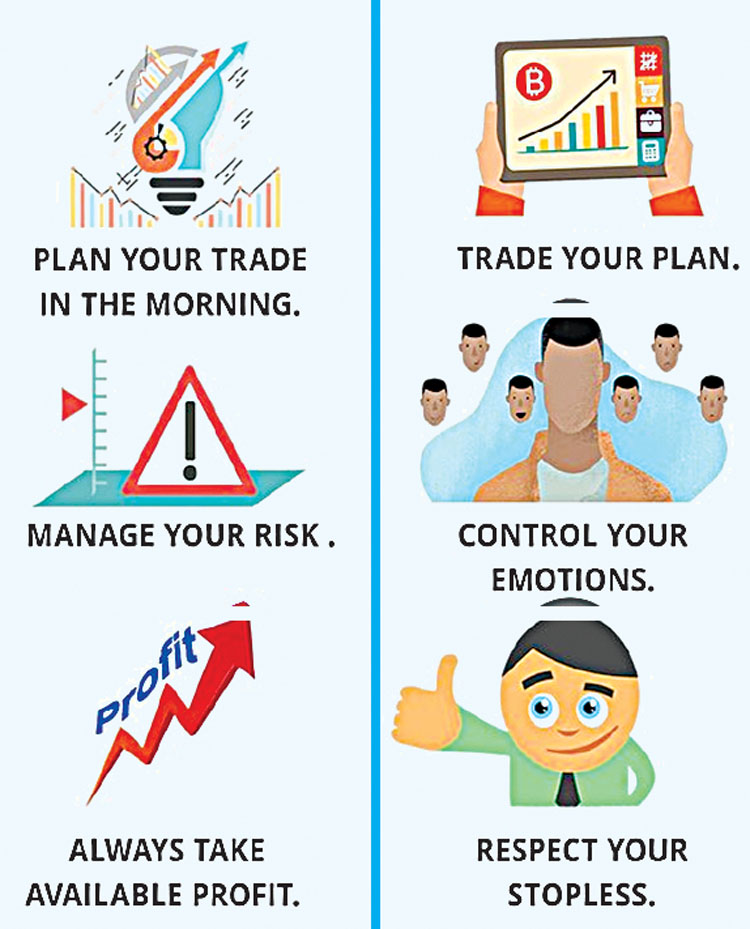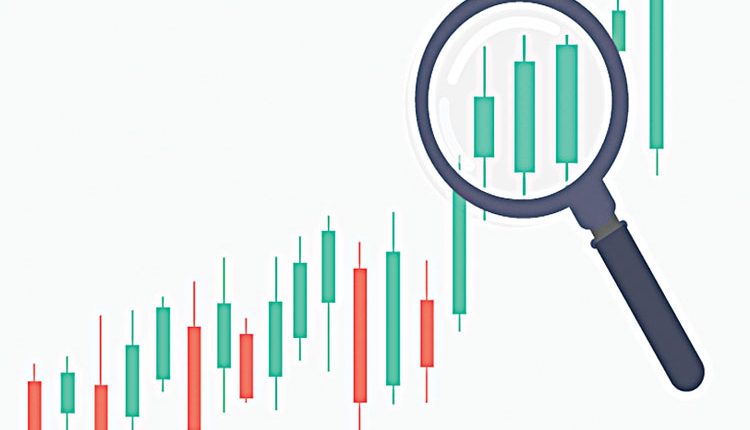A stock market is a lucrative place. People flock in to earn higher than FD returns. The most sought-after trading is intraday trading. People have made fortunes by day trading. However, the truth is only 5% of the traders win in intraday trading. If you want to start day trading, you should read this article. Here we will provide seven habits of highly successful traders. But before you go into trading, you need to have a Demat account. Opening a Demat account is very easy nowadays.

To sum up, intraday trading is a source of income for those with a steady hand. It is all about building small profits through many trades throughout the day, rather than a huge profit in one go. Make a realistic assessment of the market and its risks. You should be able to turn this into a steady source of income. Equity intraday trading” refers to buying and selling of equities or stocks during the trading hours of a given day. Let us take an example to understand the intraday trading meaning in the simplest ways: On July 31, 2019, an intraday trader buys 100 stocks of ESCORTS for Rs. 461 each. It allows low-risk entries and a potential for higher profit if the trend continues. Such patterns provide useful entry and stop-loss strategies. An intraday trading strategy must have entry and exit signals, i.e. when to get into a particular position and when to withdraw.
Most the intraday traders lose money in the stock market because they fail to understand the markets. They fail to understand the exact market movement and take wrong trading calls which make them lose money in their intraday trades. Almost every broker gives some trading tips and stock tips to their clients. The maximum price movement in a single day’s trading that is permitted by the rules of a particular financial market. The limit placed on a given trader’s exposure in a single day. The largest position (either long or short) that a dealer working for an investment bank is permitted to take on a trading day. This limit is set by the bank for which each dealer works. If you buy stock on delivery basis, you can pretty much do anything with it. You can keep it for as long as you want, or sell it the next day.
Successful intraday traders always set and mould their expectations as per market reality. If you believe that you can be a successful intraday trader by taking a contrarian position in the market, then think again. Successful intraday traders never try to predict or outperform the market. In reality, trading intraday is a lot more about discipline than even delivery buying. In contrast, intraday trading is leveraged and hence risk management becomes the key. Trading without capital loss limits is the second mistake most intraday traders make. Capital loss limits must be placed at various levels. Intraday Trading is when you take a position and exit it on the same day. In equity market, the timings are from 9.15AM-3.30PM. Intraday positions can be initiated once the market opens at 9.15AM and the square off will be done between 3.10PM-3.15PM.
Risk management is the key:
Newbie traders first think about profit. They will go all-in if they saw profit. Suppose you get a buy signal on a share. The share is trading at Rs.100, you have your target at Rs.102 and stop-loss at Rs.98. This has a risk-to-reward ratio of 1:1. A newbie trader will only think about the Rs.2 profit that he can get. However, a professional trader also considers Rs.2 loss.
Professional traders learn from their mistakes:
Mistakes are part of the game. Every successful trader has a lot of unsuccessful years. The thing that separates the successful trader from the unsuccessful one is that professional traders learn from their mistakes. At the end of the day, they sit and analyze what went wrong and what went right in the live market.
Flawless execution of trade is very important:
You may know the direction of the market. You may know the entry, the exit as well as the stop loss. But this does not make you an intraday trader. Execution has to be mastered. You need to enter at the right time.
Focus on the risk-to-reward ratio:
As already stated, the risk-to-reward ratio is very important. The market will give you endless opportunities to make money. You should choose the one that has a good risk-to-reward ratio. If you are risking Rs.2 then you should at least aim for a reward of Rs.4. A risk-to-reward ratio of 1:2 or more is very good.
Set your expectations right:
Many traders want to make millions in a short time. They want to just get rich quickly. You should understand that high reward comes with high risks. You need to set your expectations right. If you can earn 1% daily and 10% monthly, there is no trader better than you.
Market is supreme:
Newbie traders argue with the market. They will sit with loss but will not cut their position. Professional traders take the market as supreme. They will act like a robot, working only on signals. You should never argue with the market. If the market gives you a signal, trade, if not, don’t trade.
Discipline has to be there:
You have to be disciplined in the market. You should leave your emotions in the bay while you come for trading. You should not do force trade. These trades are nothing but to eat your capital. Before you start trading in the market, you need to have a Demat account. Open a Demat account with one of the best brokers in India.

